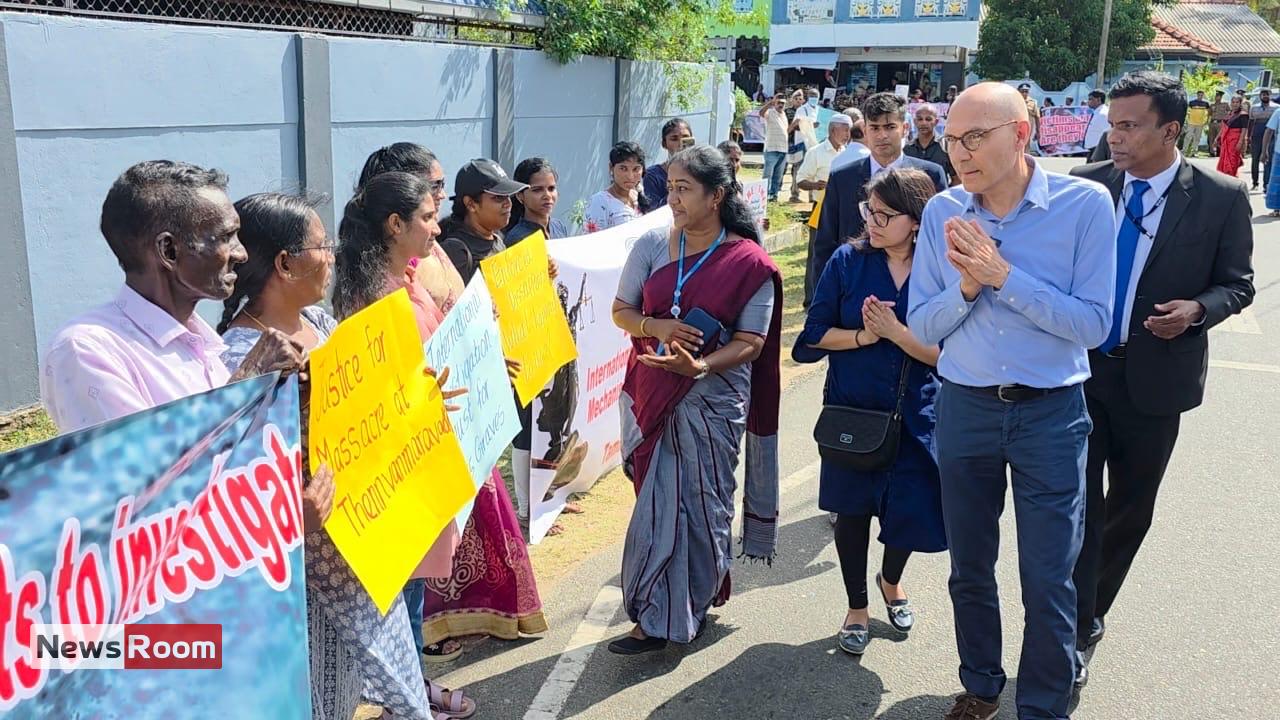A new report by the Office of the United Nations High Commissioner for Human Rights (OHCHR) has raised serious concerns about the role of Sri Lanka’s Attorney General’s Department, describing it as a significant barrier to justice for victims of grave human rights violations.
The report, titled Situation of Human Rights in Sri Lanka, will be presented by UN High Commissioner Volker Türk at the 60th session of the Human Rights Council in Geneva on 8 September.
According to the findings, the Attorney General’s wide discretionary powers, reluctance to act on uncorroborated evidence, weak police investigative capacity, and a shortage of trained forensic and Tamil-speaking officers have all contributed to entrenched impunity. This has been particularly evident in cases of alleged wartime abuses and conflict-related sexual violence.
The report highlights emblematic cases such as the assassination of journalist Lasantha Wickrematunge, the disappearance of cartoonist Prageeth Eknaligoda, and the ‘Trincomalee 11’ case involving the enforced disappearance of Tamil youths between 2008–2009, where meaningful progress remains elusive despite repeated assurances of justice.
Citing examples of stalled justice, the report notes: “The 1996 rape and murder of Krishanthi Kumaraswamy remains the only instance where Sri Lankan soldiers were convicted of wartime sexual violence. Although one soldier testified that he was ordered to rape and kill, no superiors were investigated. In the 2015 Vishvamadu case, four soldiers were convicted of gang rape and sentenced to 25 years, but the verdict was overturned on appeal in 2019. The victims’ appeal to the Supreme Court has remained pending for six years. All other cases monitored by OHCHR have either stalled or ended with the accused acquitted or released on bail, effectively ending investigations.”
The report further recalls that the Sri Lankan Government, in its manifesto, pledged to establish a Directorate of Public Prosecution, independent of the Attorney General’s Department, to handle serious human rights violations. An expert committee has already been appointed to examine the proposal, with input expected from the public, civil society, and the Human Rights Commission.
